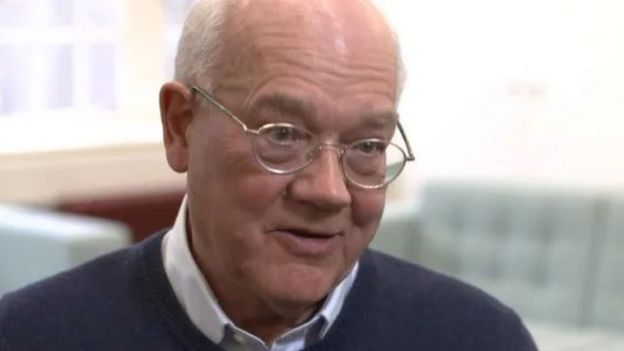Drought death image inspires inventor to pioneer seawater to drinking water unit
From BBC

A British inventor was motivated to pioneer a machine to turn seawater to drinking water after watching a report on the drought in Somalia.
David Binns from Stroud has been working on the unit for five years with a team from innovation hub Epicuro.
It relies on the sun as its only power source to distil seawater, brackish water or contaminated water, to produce drinkable water.
“Its aim is to give water independence to the individual family,” he said.


Mr Binns said he felt driven to act after seeing a TV news item showing a mother holding her baby who had died from a lack of clean water
“It was a heart-stopping image, you see the need, these are our neighbours and they are just down the road so you want to help,” he said.
The unit he and his team have produced is modular and can be combined with other units to form a farm which could be used to supply a village with clean drinking water.
It needs no chemicals, no pre-treatment of the water and contains no filters or membranes.


How it works:
The infrared component of the sunlight heats the boiler. Impure water is fed into the boiler at a carefully controlled rate. The rate at which the water moves up the boiler is controlled by the Epicuro control unit. The ECU optimises the gain in temperature of the water and ensures that it boils. The ECU controls the optimum temperature achieved and the movement of the steam into the condenser panel. The ECU also controls the rate at which the steam is condensed. The ECU links all its functions so as to optimise the production of clean drinking water. Clean drinking water is discharged from the base of the condenser unit into a container for onward use.
Depending on the scale of production the unit could cost about £2,000 based on 50,000-100,000 units being made locally per year in the country of need.
“This would create jobs in the place they are needed which is part of the plan,” said Mr Binns.
Responding to information about the Epicuro unit, Water Aid said its focus was on technologies which could “supply enough clean water for drinking, cooking bathing, washing and other basic needs”.
Jonathan Farr, senior policy analyst at Water Aid, said technology must be “affordable, available locally and easy to use and repair”.
“Addressing this global crisis requires partnership and innovation from all corners,” said Mr Farr.
For more on this story go to; https://www.bbc.com/news/uk-england-gloucestershire-47523368




